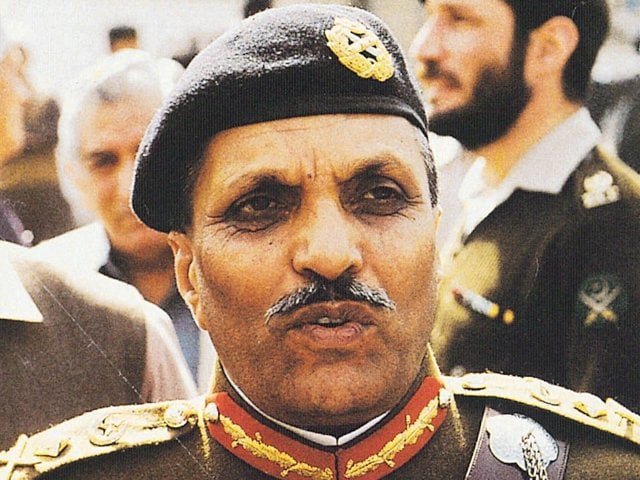The plane crash that killed Pakistan’s military ruler General Zia ul Haq in August 1988 remains one of the country’s most enduring mysteries. Over the years, several theories have been put forward as to who was behind the crash.
Some believe that it was a result of a technical malfunction, while others think it was sabotage carried out by the country’s intelligence agencies. However, to this day, no one knows for sure who was responsible for the crash.
General Zia ul Haq had been the president of Pakistan for over a decade and had established himself as a powerful and authoritarian leader. He was known for his close ties to the United States, which had helped him build up Pakistan’s military capabilities in the 1980s.
Zia’s death came at a critical moment in Pakistan’s history, as the country was grappling with a deepening political crisis and mounting tensions with India.
At the time of the crash, Zia was on board a C-130 military transport plane, along with several other high-ranking officials, including the US ambassador to Pakistan, Arnold Raphel.
The plane had taken off from Bahawalpur, a city in eastern Pakistan, and was en route to Islamabad, the capital.
According to the official version of events, the plane crashed due to a mechanical failure. However, this explanation has been met with skepticism by many, given the circumstances surrounding the crash.
Some have pointed out that the C-130 was a highly reliable aircraft, and it would have been extremely unlikely for it to experience a catastrophic failure mid-flight.
Others have suggested that the crash may have been caused by sabotage carried out by Pakistan’s intelligence agencies. Some have speculated that Zia had become too powerful and was seen as a threat to the interests of certain factions within the military and intelligence establishment.
It has also been suggested that the US may have played a role in the crash, given the tensions that had emerged between Zia and the US government in the months leading up to his death.
Despite the many theories that have been put forward over the years, there is still no definitive answer as to who was behind the plane crash that killed General Zia ul Haq.
The mystery surrounding the crash has only served to fuel speculation and conspiracy theories, and it will likely remain a topic of debate for many years to come.
In the end, the legacy of General Zia ul Haq remains a complicated one. While he is remembered by some as a strong leader who helped modernize Pakistan’s military, others view him as a ruthless authoritarian who suppressed dissent and violated human rights. Whatever the truth behind his death may be, it is clear that General Zia’s legacy continues to shape Pakistan’s political landscape to this day.
